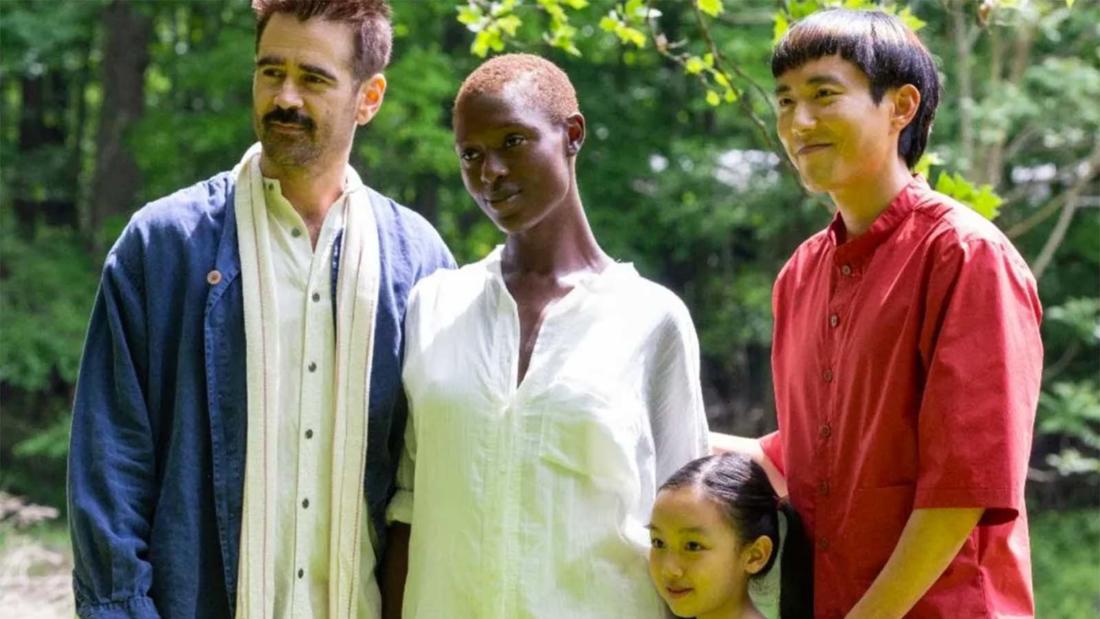
Images Cinema Williamstown, MA
Dr. Tim J. Lebestky
Associate Professor of Biology, Chair of Neuroscience Program, Williams College
andDr. Man He
Associate Professor of Chinese, Williams College
After Yang— A.I.: I will remember you
Program Description
What role does race play in this film? What does it mean for A.I. to have a race and ethnicity? What does it mean to be “Asian” (a question Yang himself struggled with), and what do we think Kogonada the director (a Korean American man who is often assumed to be Japanese because of his nom de plume) thinks about this? What is the nature of memory, and how does loss and grief affect our ability to experience it? How might an A.I. with perfect recall experience grief differently than a human?
All four films in our A.I. series have some throughlines with each other that will call forward and backward week-to-week, comparing and contrasting evolving genre tropes and thematic variations.
Presented At
Images Cinema Williamstown, MA
Film Synopsis
In a near future, a family reckons with questions of love, connection, and loss after their A.I. helper unexpectedly breaks down.
When his young daughter's beloved companion — an android named Yang — malfunctions, Jake (Colin Farrell) searches for a way to repair him. In the process, Jake discovers the life that has been passing in front of him, reconnecting with his wife (Jodie Turner-Smith) and daughter across a distance he didn't know was there.
Photo credit: A24
About the Speaker
Tim Lebestky is the Chair of the Neuroscience program at Williams College, and a professor in the Biology Department. His research seeks to understand the underlying circuits and modulators for illness related behaviors. Professor Lebestky also teaches courses about the neurobiology of emotion in humans and animal models, and is interested in how these internal states change or motivate behaviors, and how they translate into artificial intelligence systems.
Man He is an Associate Professor of Chinese from the Department of Asian Languages, Literatures, and Cultures at Williams College. Man also serves as a member of the advisory committee for Asian Studies and Asian American Studies programs. At Williams College, Man teaches various Chinese language courses for different levels, as well as comparative literature courses on East Asian theater, contemporary literature, and film. Man’s research interests include Drama and theatre in twentieth-century China, East Asian theaters, modern and contemporary Chinese literatures and cultures, performance studies, Film studies, and Chinese pedagogy. Man has published several English-language peer-reviewed articles in journals such as Asian Theatre Journal and Modern Chinese Literature and Culture. Man’s monograph, Backstaging Modern Chinese Theatre 1910s-1940s, will soon be published by the University of Michigan Press.